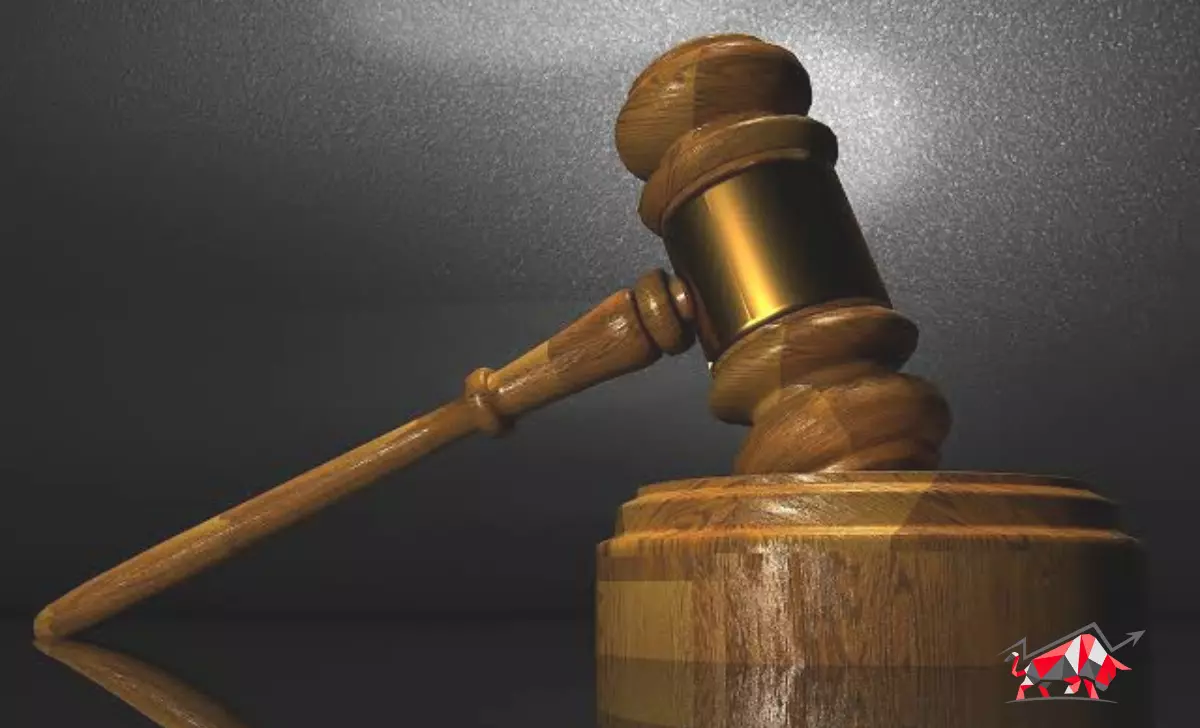In a significant step towards providing regulatory clarity to cryptocurrency firms, US authorities have approved two crucial bills that could have far-reaching implications for the industry. The bills seek to address jurisdictional differences between the U.S. securities and commodities regulators, while also easing regulatory hurdles for blockchain developers and service providers.
The first bill, known as the Financial Innovation and Technology for the 21st Century Act, received approval in a 35-15 vote. If enacted, this legislation would introduce a clear framework for cryptocurrency companies, mandating them to determine whether they fall under the purview of the Commodity Futures Trading Commission (CFTC) or the Securities and Exchange Commission (SEC) for regulatory purposes.
Notably, the Republican-sponsored bill proposes a certification process for firms seeking to register their digital assets as digital commodities with the CFTC. To achieve this status, the firms would need to demonstrate adequate decentralization, thus bringing more clarity to the treatment of various cryptocurrencies under the regulatory umbrella.
Congressman French Hill, who serves as the vice chairman of the House Financial Services Committee, expressed pride in the bill’s passage during its initial phase. The approval of this legislation enjoyed bipartisan support, further highlighting its significance in bridging the regulatory gap for crypto firms in the United States.
The second bill making strides is the bipartisan Blockchain Regulatory Certainty Act, co-sponsored by Republican Congressman Tom Emmer and Democratic Congressman Darren Soto. This bill aims to streamline the regulatory landscape for blockchain developers and service providers, offering guidance and removing unnecessary hurdles for their operations.
One of the primary objectives of the Blockchain Regulatory Certainty Act is to address the classification of blockchain-related entities as money transmitters. Congressman Emmer emphasized that the bill seeks to provide clarity on whether blockchain entities that do not hold customer funds should be considered money transmitters. By removing this ambiguity, the legislation seeks to offer certainty to the blockchain community and create a conducive environment for innovation in the space.
With these bills approved by the House Financial Services Committee, they will now proceed to the House of Representatives for further deliberations. If passed into law, these regulatory measures could significantly impact the cryptocurrency industry, bringing much-needed clarity and potentially fostering innovation and growth in the rapidly evolving blockchain space.
US Authorities Lock Horns Over Digital Assets Market Structure Bill
The United States Congress witnessed the rejection of The Digital Assets Market Structure bill by members of both major parties, with Republicans and Democrats withholding their support for the proposed legislation.
Despite the recent passing of certain acts related to the cryptocurrency industry, the unity that emerged from those decisions was short-lived as the latest bill faced vehement criticism from lawmakers. The bill, designed to address the regulatory framework surrounding digital assets, encountered substantial opposition from various quarters.
Democratic Representative Maxine Waters, known for her advocacy for stricter financial regulations, delivered a scathing rebuke against the proposed bill. Waters voiced concerns that the legislation was too accommodating to the demands of the crypto industry while disregarding crucial regulatory guidance provided by the U.S. Securities and Exchange Commission (SEC).
The Digital Assets Market Structure bill, which sought to address the rapidly evolving landscape of cryptocurrencies and blockchain-based assets, was intended to provide clarity and oversight in a market that has been both promising and perilous for investors. However, the refusal of bipartisan support has cast doubts over its future prospects.


